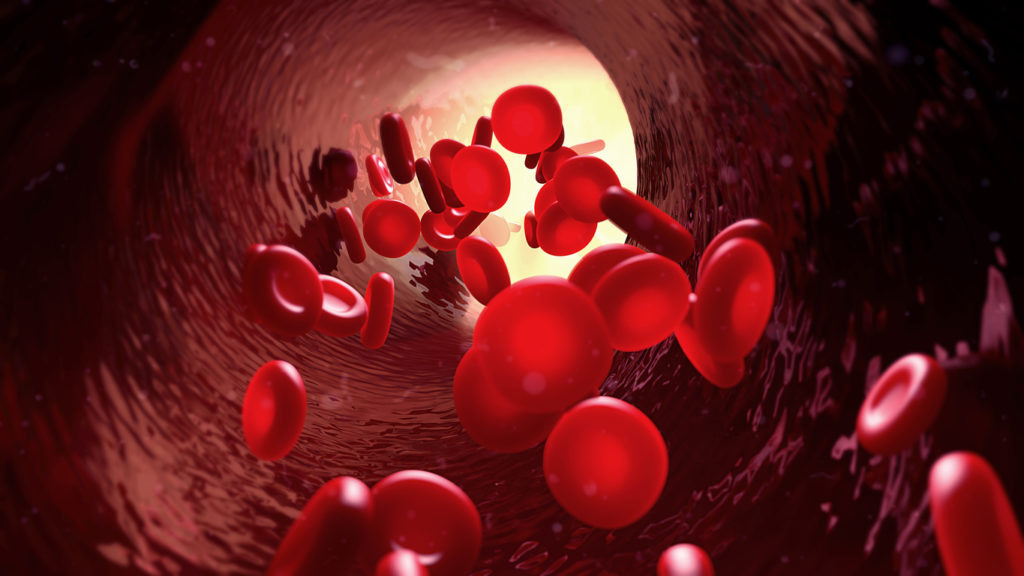The purpose of this study is to provide treatment for patients who have CLL, and to compare the use of rituximab added to FC with FC alone, to determine if rituximab lengthens the time a patient remains free of leukemia symptoms.
Official Title
Open-Label, Multicenter, Randomized, Comparative, Phase III Study to Evaluate the Efficacy and Safety of FCR vs. FC Alone in Previously Treated Patients With CD20 Positive B-Cell CLL
Conditions
Chronic Lymphocytic Leukemia
Study Type
Interventional
Study Design
Prevention, Randomized, Open Label, Active Control, Parallel Assignment, Safety/Efficacy Study
Further Details
Primary Outcome Measures:
- Progression-free survival
Secondary Outcome Measures:
- Event-free survival
- Disease-free survival in CR patients
- Duration of response
- Complete response rate
- Nodular partial response rate
- Partial response rate
- Overall survival
- Safety profile
- Quality of life
Study Start
June 2003
Eligibility & Criteria
- Ages Eligible for Study: 18 Years and above
- Genders Eligible for Study: Both
Inclusion Criteria:
- Age >/=18 years.
- Established diagnosis of B-cell CLL by NCI Working Group criteria.
- 1 or more previous lines of chemotherapy.
- Expected survival > 6 months.
- Acceptable hematologic status, liver function, renal function, and pulmonary function.
- Negative serum pregnancy test for both pre-menopausal women and for women who are < 2 years after the onset of menopause.
- Written informed consent.
Exclusion Criteria:
- Prior treatment with interferon, rituximab or other monoclonal antibody.
- Prior allogeneic BMT or autologous BMT or peripheral stem cell transplant (PBSCT) or patients who are considered to be candidates for allogeneic or autologous BMT or PSCT as assessed by their treating physician.
- Fertile men or women of childbearing potential not using adequate contraception.
- Severe grade 3 or 4 non-hematological toxicity or prolonged (> 2 weeks) grade 3 or 4 cytopenia on prior fludarabine or nucleoside analogue regimen.
- History of Fludarabine-induced or clinically significant autoimmune cytopenia.
- History of other malignancies within 2 years prior to study entry, except for adequately treated carcinoma in situ of the cervix; basal or squamous cell skin cancer; low grade early stage localized prostate cancer treated surgically with curative intent; good prognosis DCIS of the breast treated with lumpectomy alone with curative intent.
- Medical conditions requiring long term use (> 1 month) of systemic corticosteroids.
- Active bacterial, viral, or fungal infection requiring systemic therapy.
- Severe cardiac disease.
- Seizure disorders requiring anticonvulsant therapy.
- Severe chronic obstructive pulmonary disease with hypoxemia.
- Uncontrolled diabetes mellitus or hypertension.
- Transformation to aggressive B-cell malignancy.
- Known infection with HIV, HCV, or hepatitis B.
- Treatment with any other investigational agent, or participation in another clinical trial within 30 days prior to entering this study.
- Known hypersensitivity or anaphylactic reactions to murine antibodies or proteins.
- Any co-existing medical or psychological condition that would preclude participation in the study or compromise ability to give informed consent.
Total Enrolment
550
Contact Details
- Research Site, Concord, Australia; Recruiting
- Research Site, East Melbourne, Australia; Recruiting
- Research Site, Frankston, Australia; Recruiting
Email Biogen Idec: oncologyclinicaltrials@biogenidec.com (Please refer to this study by ClinicalTrials.gov identifier NCT00090051)
All content and media on the HealthEngine Blog is created and published online for informational purposes only. It is not intended to be a substitute for professional medical advice and should not be relied on as health or personal advice. Always seek the guidance of your doctor or other qualified health professional with any questions you may have regarding your health or a medical condition. Never disregard the advice of a medical professional, or delay in seeking it because of something you have read on this Website. If you think you may have a medical emergency, call your doctor, go to the nearest hospital emergency department, or call the emergency services immediately.







